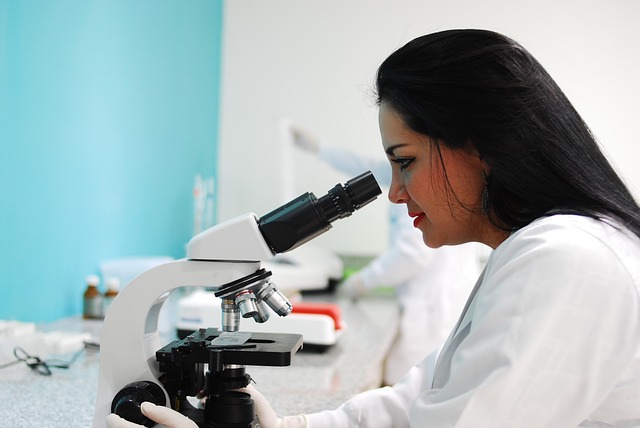Israeli scientists from Bar-Ilan University say they have succeeded in producing “laboratory testicles,” artificial testicles grown in a laboratory.
Constituting a breakthrough in the development of testis organoids, the artificial testicles, they said, will “contribute to the advancement of research in male fertility and sexual development disorders, and are expected to facilitate the eventual production of sperm in the laboratory.”
What will they come up with next?
Will you offer us a hand? Every gift, regardless of size, fuels our future.
Your critical contribution enables us to maintain our independence from shareholders or wealthy owners, allowing us to keep up reporting without bias. It means we can continue to make Jewish Business News available to everyone.
You can support us for as little as $1 via PayPal at office@jewishbusinessnews.com.
Thank you.
In just the past few months, Israel has taken the concept of “Light onto Nations” in an entirely new direction: leading the world in innovating lab-grown foods.
One month ago, Israel made history when it authorized its own alternative food startup Aleph Farms, which boasts Leonardo DiCaprio among its investors, to market lab grown or “cultivated meat” in the country. The move made Israel the first country in the world to allow for the marketing of such an alternative to animal-based products. Until today, only plant-based meat alternatives have been marketed.
Shortly after that, Pluri, an Israeli biotech company that transforms cells into “solutions that promote global well-being and sustainability,” revealed that it too is making history with the launch of a cell-based coffee business. Pluri says this will revolutionize the coffee industry.
And earlier this month, scientists from Tel Aviv University said they succeeded in cultivating and characterizing tomato varieties with higher water use efficiency without compromising yield.
But testicles?
Well, this is part of the evolution of medical science and the development of lab-grown organs for transplant and so forth. Soon they will be able to grow hearts, kidneys and even limbs in a lab for transplant.
But when it comes to a man’s testicles, there may be a reason for replacing them even if they are not diseased or have been amputated. Yes, there is testicular cancer, but this is more about finding solutions to infertility.
The testis is responsible for sperm production and testosterone synthesis. Abnormalities in testis development and function lead to disorders of sex development (DSD) and male infertility. Currently, no in vitro system exists for modeling the testis.
Dr. Nitzan Gonen, a researcher specializing in the process of fetal sex determination, together with research students Aviya Stopel, Cheli Lev and Stav Dahari, has succeeded in creating “laboratory testicles” that may significantly advance understanding of the mechanisms involved in sex determination and provide solutions for male infertility, which affects one in 12 men worldwide.
The artificial testicles produced in Dr. Gonen’s lab at the Goodman Faculty of Life Sciences and the Institute of Nanotechnology and Advanced Materials at Bar-Ilan University, are testis organoids – tiny, artificial organs produced from real mouse testis. Development of organoids has greatly advanced in the last decade with the realization that two-dimensional cellular sample in vitro cannot mimic the behavior of an entire organ. Today, organoids of the brain, kidneys, intestines, and other organs have already been produced. The testicular organoids created by Gonen’s group closely simulate a natural testicle.
The artificial testicles were cultured from immature testicular cells sampled from neonatal mice. The research team realized the procedure was a success when they identified tubule-like structures and cellular organization highly resembling that of the in vivo testis. These tubular structures parallel the multiple seminiferous tubules present in the natural testicle, where the sperm is produced.
The organoids were successfully cultured in vitro for nine weeks. This is considered a long period of time and can, theoretically, be enough time to complete the process of sperm production and hormone secretion. In mice this takes 34 days, so the relatively long lifespan of the organoids may allow these processes to occur in vitro. Dr. Gonen doesn’t yet know if the existing model will actually produce sperm cells, but the laboratory team has already noticed signs of the beginning of meiosis, a process in which gametes are produced. Gametes are reproductive cells, in this case sperm cells with half the number of chromosomes as in a normal cell, that “await” for the completion of the other half from another gamete, in this case an egg, upon fertilization.




